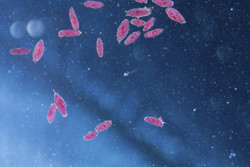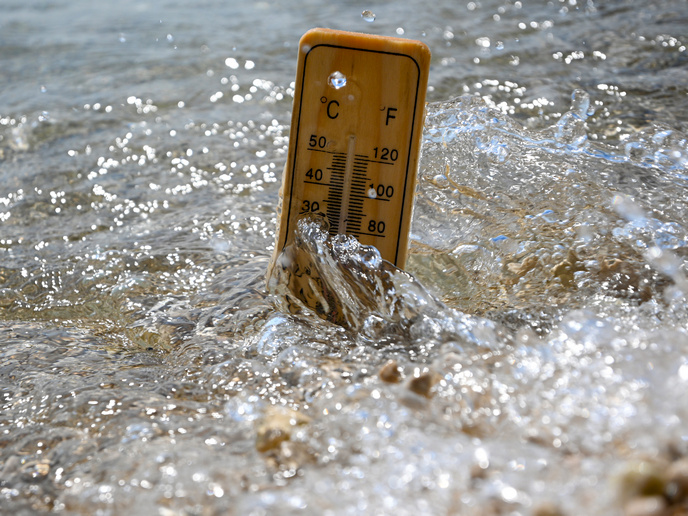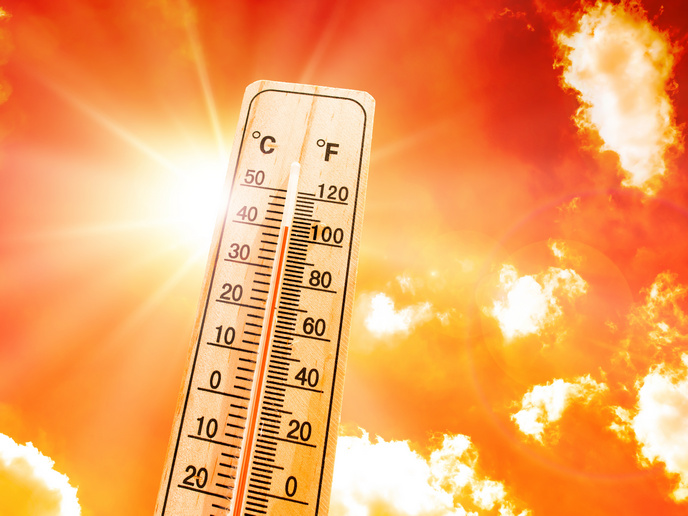Plankton research mimics the open ocean
In marine ecology, the study of ecosystems and food chains in open seas and waters (pelagic zones) pose particular technical challenges, which can be partially alleviated by the use of mesocosms. Aquatic mesocosms are experimental water enclosures designed to mimic near-natural pelagic systems. Their use is vital to improving understanding of the effects of human activity and climate change on plankton and species higher up the food chain. Marine mesocosm infrastructure is costly and complex and has only been developed in a few locations around the world, reproducing environments in different water masses. The aim of the EU-funded MESOAQUA project was to increase access to such facilities, thereby advancing studies of aquatic ecosystems from the Arctic to the Mediterranean. Many of these studies were firsts in their field. They include the first large-scale mesocosm study into the effects of carbon dioxide (CO2)-induced ocean acidification on the plankton community in the High Arctic. MESOAQUA also investigated the combined effects of increased temperature and CO2 on natural marine plankton. In addition, researchers determined the impact of Saharan dust on the biogeochemistry of the eastern Mediterranean Sea. Most mesocosm activities are conducted in sheltered coastal waters. MESOAQUA took the technology a step further by including open water: the largest environment on Earth. Researchers collaborated with other consortiums to develop and test systems for use in open water research. Such collaborations significantly improved the research standard of European mesocosm facilities through good practice, transfer of technology and dissemination of knowledge. To date, 46 scientific publications have been published in peer-reviewed international scientific journals, 27 of which are open access. Further, 137 dissemination activities as presentations, posters, PhD thesis, press release and films have been produced during these years. These works, which focus on different aspects of the marine ecosystem, from ocean acidification to toxin effects, will greatly contribute to understanding how the marine food web will respond to the future climate change. All information about mesocosm research continues to exist and to be regularly updated on the web portal. This represents, together with the consortium of people formed during these years, a great legacy of MESOAQUA.
Keywords
Mesocosms, climate change, aquatic ecosystems, Arctic, Mediterranean







